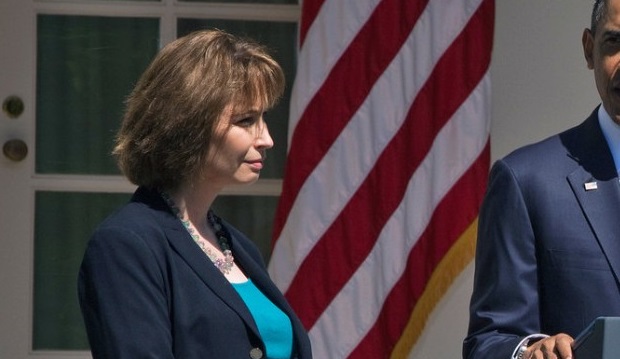The DC Appeals Court sided with Facebook and founder Mark Zuckerberg Friday in a case over several pages on Facebook, such as “Third Palestinian Intifada,” which called for Muslims to rise up and kill Jews. The ruling was based on the protections given to all Americans using the internet under a section of a 1996 law.
Three years ago, Klayman saw the Facebook page “Third Palestinian Intifada,” of which there were 360,000 members, as well as three similar, smaller pages, and complained to Facebook because the pages called for Muslims to rise up and kill Jews. After receiving a letter from Israel’s Minister for Public Diplomacy as well as from Klayman, Facebook removed the pages, but not fast enough, according to Klayman, who filed suit against Facebook and Zuckerberg. Klayman alleged that the delay of “many days” constituted intentional assulat and negligence.

The district court which heard the suit found for Facebook and Zuckerberg on the basis of the Communications Decency Act (CDA) (1996), Section 230. Klayman appealed the decision, and Friday the US Court of Appeals for the DC Circuit upheld the decision of the district court.
“In enacting the Communications Decency Act,” wrote the court in its decision, “Congress found that the Internet and related computer services ‘represent an extraordinary advance in the availability of educational and informational resources,’ and ‘offer a forum for a true diversity of political discourse, unique opportunities for cultural development, and myriad avenues for
intellectual activity.”
The court concluded that Facebook and Zuckerberg–internet providers under Section 230–could not be held responsible for any content on their site(s), no matter how egregious it may seem to another user. “Facebook is not responsible for the actions, content, information, or data of third parties,” the court found.
“Congress accordingly made it the ‘policy of the United States’ to ‘promote the continued development of the Internet,'” the court continued, “and ‘to preserve the vibrant and competitive free market that presently exists for the Internet and other interactive computer services, unfettered by Federal or State regulation[.]’”
The Communications Decency Act (CDA) was passed in 1996. It was in part an effort by the US Congress to regulate internet pornography, but in 1997 the US Supreme Court unanimously struck the “community standards” provision of the CDA in Reno v. ACLU because the provisions violated the First Amendment guarantee to freedom of speech.
Another part of the CDA, however, has been strengthened by court decisions over the years. Section 230 protects operators of internet services–such as Facebook–from being construed as publishers. Section 230 protects social media sites, ISPs and users by making them not liable for words posted on their sites by other people (except regarding federal criminal liability and intellectual property). The section reads, “No provider or user of an interactive computer service shall be treated as the publisher or speaker of any information provided by another information content provider.” Providers are even protected if they fail to take action after receiving notifications that harmful or offensive content exists on their sites.
Section 230 is considered a main protection of free speech online. Last year, after 47 state attorneys general signed a letter to Congress requesting the civil immunity in Section 230 be removed, the ACLU wrote, “Section 230 is directly responsible for the free, messy, uncensored, and often brilliant culture of online speech. By prohibiting most state civil or criminal liability for something somebody else writes or posts, it created the single most important legal protection that exists for websites, bloggers, and other internet users… If Section 230 is stripped of its protections, it wouldn’t take long for the vibrant culture of free speech to disappear from the web.”
By Andy Stern
